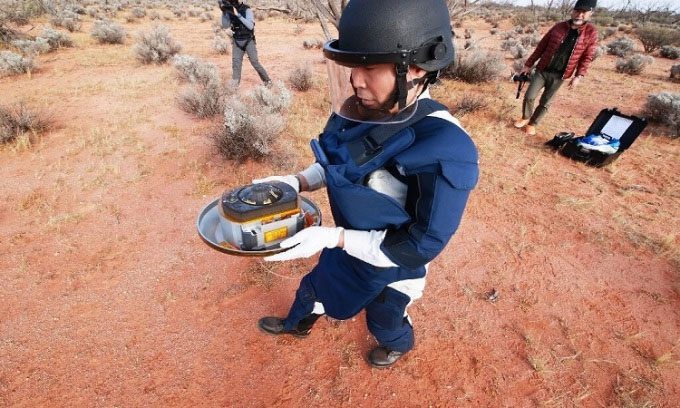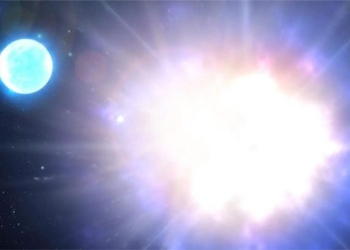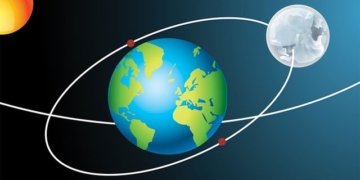Water may have been delivered to Earth by asteroids from the edge of the Solar System. This assertion comes from scientists after analyzing rare samples collected during a six-year space mission by Japan.
With the goal of clarifying the origins of life and the formation of the universe, researchers are analyzing materials that include 5.4 grams of rock and sand/dust collected by Japan’s Hayabusa2 space probe from the asteroid Ryugu and brought back to Earth in 2020.

Sample container from asteroid Ryugu. (Photo: JAXA)
Research on these samples is gradually being revealed. In June of this year, a group of researchers announced that they had discovered organic materials indicating that some building blocks of life on Earth—amino acids—may have formed in space.
In the latest study published in the journal Nature Astronomy on August 15, Japanese and international scientists suggest that the samples obtained from asteroid Ryugu could provide “clues” to answer the mystery of how oceans appeared on Earth billions of years ago.
According to the study, volatile-rich carbonaceous asteroids may be one of the primary sources of water on Earth. The delivery of volatiles (including organic compounds and water) to Earth remains a topic of much debate. However, the organic materials found in the sand/dust grains from asteroid Ryugu through this research may represent an important source of volatiles.
Scientists hypothesize that such materials could have “extraterrestrial origins”, but “it is uncertain that this is the only source of volatiles delivered to early Earth.”
The Hayabusa2 probe was launched into space in 2014 with the mission of studying asteroid Ryugu, which is about 300 million kilometers from Earth. The spacecraft returned to Earth’s orbit in 2020 and released a container holding the collected materials from Ryugu.




















































